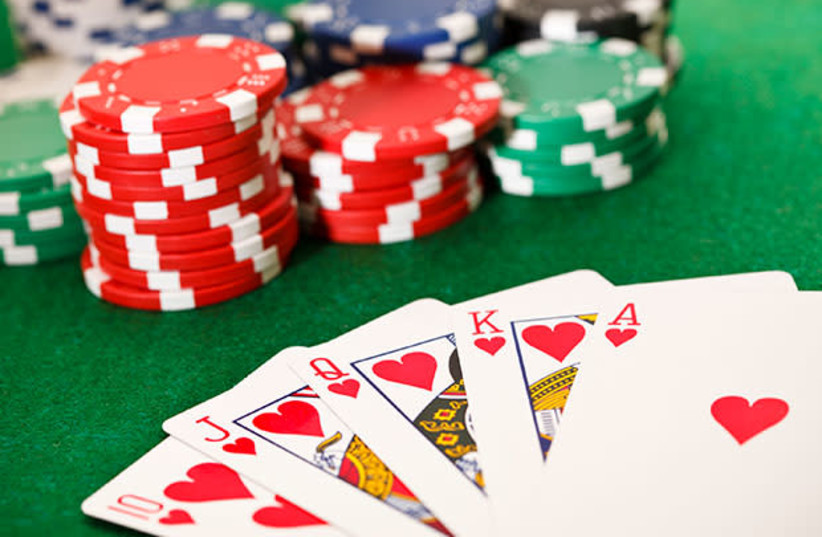Israel would legalize poker and host international poker tournaments, if a bill proposed by New Hope faction chairwoman Sharren Haskel and Yesh Atid faction head Boaz Toporovsky passes into law.
While sports betting and the lottery are both legal in Israel, other forms of gambling like poker are strictly illegal and carry very serious repercussions. There are no land-based casinos in Israel, but several cruise ships leave Eilat for poker tournaments outside Israel’s territorial waters.
The bill proposed on Tuesday would enable the minister of culture and sports to recognize the poker industry with key conditions and grant licenses. It would regulate poker tournaments and continue to prohibit tournaments that are not held with legal permits.
Haskel has previously proposed a similar bill, but now she is a faction chairwoman and has obtained the support of a key ally in Toporovsky. In 2015, then-prime minister Benjamin Netanyahu proposed opening the first legal casino in Israel in Eilat to attract tourists, but the idea was never implemented.
Any move to legalize gambling is expected to be opposed by the Knesset’s four religious parties: Shas, United Torah Judaism, the Religious Zionist Party and Ra’am (United Arab List).

Haskel stirred controversy in a meeting of the Knesset Education Committee on Tuesday when she proposed teaching more about the Temple Mount in the state secular school system and mandating visits by schoolchildren to the holy site.
Tali Yaniv, who heads the Education Ministry’s social studies department, told the committee that the period of the Second Temple is already an elective in the history curriculum that 92% of the pupils in the secular school system learn.
Pupils from around the country pay three visits to Jerusalem during their school years, to sites selected by their teachers. The choices are often impacted by the current security situation.
